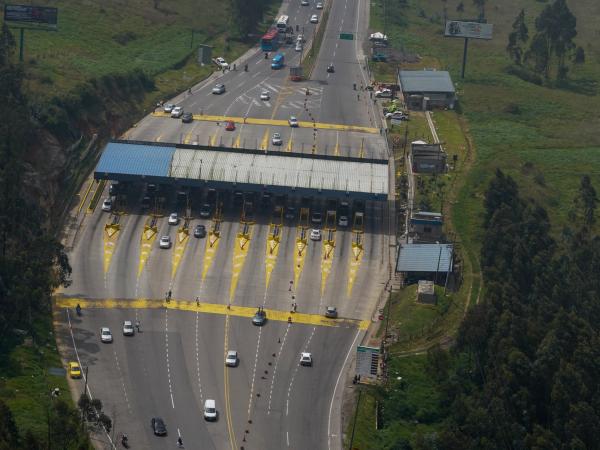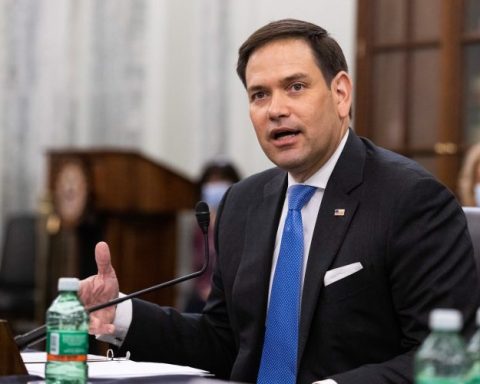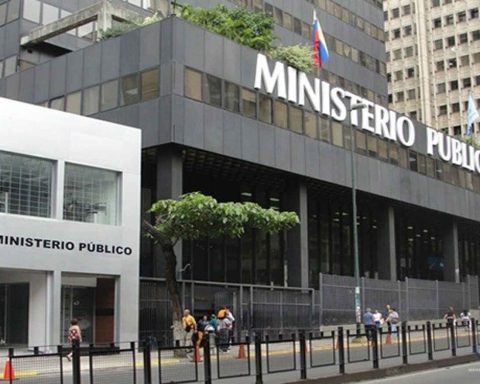The Colombian Chamber of Infrastructure (CCI) presented the list of 10 essential actions that, in his opinion, would guarantee the progress of the transport infrastructure sector.
(See: Inputs for road construction register their highest rise in 10 years).
According to the entity, one of them is to conceive the development of infrastructure as a State policy that transcends the political cycles of the governments in power.
“This approach gained strength in the 1990s, when the sector barely reached a GDP of 1% and now, finally, it is close to 3%, as recommended by the multilateral banks at that time.“, the ICC said.
Another point, said the entity, is to recognize the private sector as a strategic partner of the State to continue guaranteeing the modernization of the country’s infrastructure.
(See: ‘Greenways’, the project to recover the railway corridors).
“The role of builders, concessionaires, consultants and auditors is, precisely, to contribute to the good and efficient execution, operation and maintenance of the country’s strategic projects. Remember, for the rest, that through the successful PPP model, the private sector meets the financing needs of public infrastructure in circumstances of fiscal restriction, which guarantees projects with high quality standards.“, he added.
The ICC also believes that it is necessary to integrate the different modes of transport (road, airport, port and railway) as the 5G or Bicentennial concession program was conceived. This, so that “multimodality results in a more efficient transport of passengers and cargo, a fact that positively impacts the country’s productivity“.
The CCI believes that it is important to integrate the different modes of transport.
The other 7 actions are:
– Ensure healthy competition in the award of contracts infrastructure. To this end, the proper use of standard specifications results in a plurality of bidders, in a greater participation of engineering firms in the market and, as a consequence, in transparent processes. It is imperative to put a stop to elusive practices, such as inter-administrative agreements, used on occasions, to sprain the aforementioned type specifications.
(See: Tunnels of Colombia, beyond La Línea).
– Understand public works in infrastructure as a growth stimulus of the regional and national economies. This is reflected in the productive chain of the sector, in the creation of new jobs and in the fact that for each peso invested in a project, $2.26 is generated in the economy.
– Preserve and, to the extent necessary, strengthen the institutional framework, currently obviously robust, of the sector. Examples of this are the National Infrastructure Agency, the National Development Finance Agency, the National Environmental Licensing Authority and the Transport Infrastructure Planning Unit.
(See: Buildings boosted the quarterly GDP of construction in the country).
– In regulatory matters (ground on which the line of infrastructure is currently based on a solid foundation) it would be worth, however, to consider some adjustments aimed at strengthening private participation in public infrastructure, particularly in social projects (hospitals, educational centers, prisons, among others). It is also necessary to promote the PPP mechanism in the regions.
– Guarantee the legal certainty of the sector in order to, in this way, generate a favorable climate (like the one that already exists) for national and foreign investors who see infrastructure initiatives as a bastion of development, job creation and modernity.
– Prevent public procurement from becoming an instrument of private incentives. In this sense, the granting of incentives in state contracting processes to companies that hire specific population groups causes negative impacts on the financial sustainability, particularly of SMEs, and distorts the principle of equality between competitors. An alternative would be to implement tax, credit and parafiscal incentives for companies that include such population groups in their payrolls.
(See: ‘Low execution of public works impact the GDP of infrastructure’).
– Promote the implementation of new technologies in the structuring and execution of infrastructure projects. In the same way, guarantee the sustainability of the initiatives under the shelter of three criteria that, today, set trends in the world: environmental, social and good governance.
BRIEFCASE

















